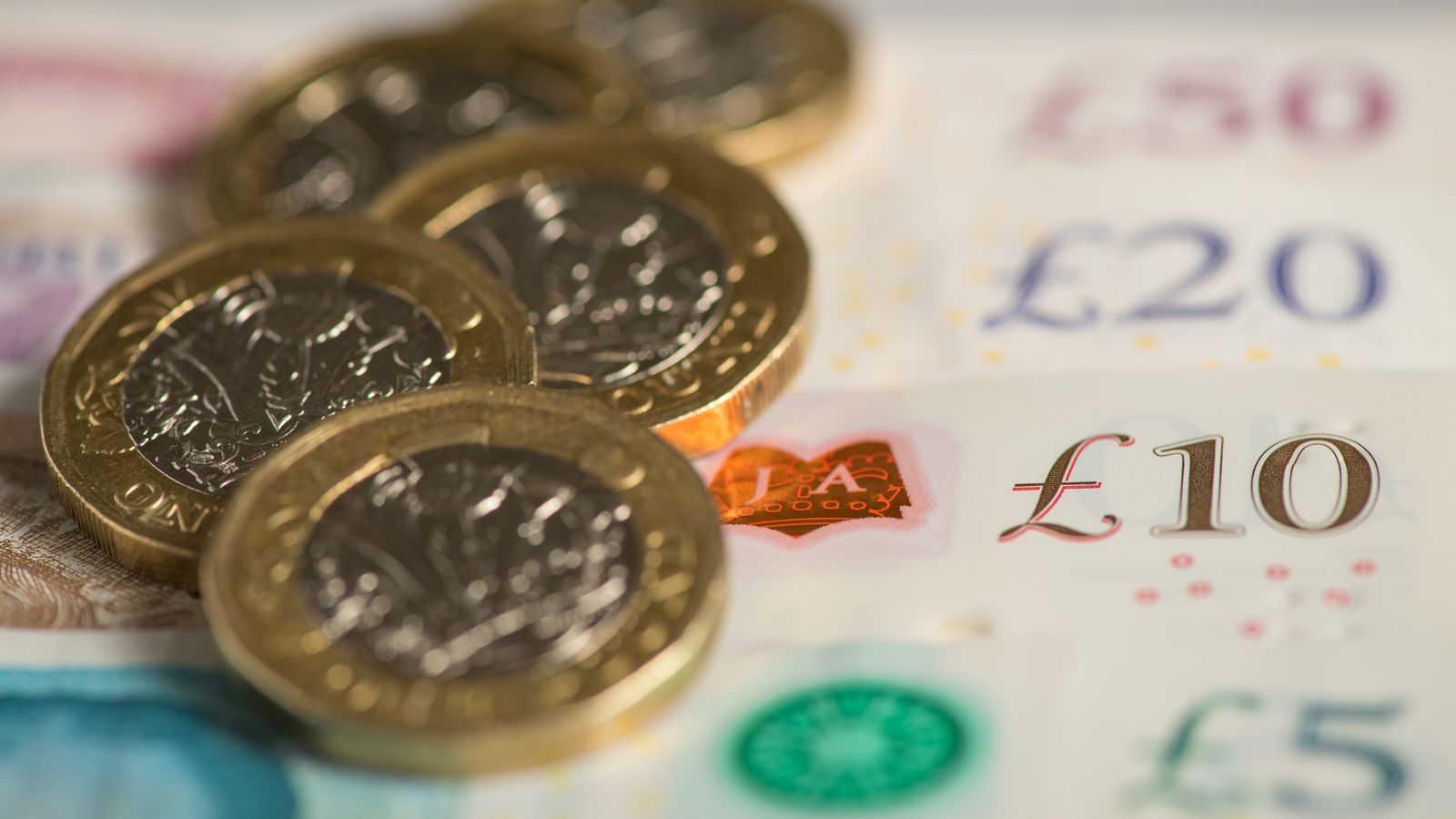More than 6m people with disabilities to start receiving £150 cost of living payment

More than six million people with disabilities will begin receiving a one-off cost of living payment of £150 from Tuesday – but charities warn it “won’t touch the sides”.
The Department for Work and Pensions (DWP) will begin distributing the one-off sum in a two-week window to help support those struggling with the rising cost of living.
The payments constitute a wider package of support worth up to £1,350 to the most vulnerable households and come on top of the £150 disability cost of living payment that was paid last September.
Those who qualify for the payments, which will be made between 20 June and 4 July, include those on disability living allowance, personal independence payments, attendance allowance and Scottish disability benefits, among others.
People on armed forces independence payments, constant attendance allowance and war pension mobility supplement will also qualify for the support.
The DWP said a small number of payments will be made after 4 July for claimants who were still awaiting confirmation of their eligibility or entitlement to qualifying disability benefits on 1 April.
Chancellor Jeremy Hunt said: “The additional costs faced by disabled people mean inflation is particularly challenging, which is why halving it this year and getting back to the Bank of England’s 2% target is our priority.
“The £150 we’re sending disabled people over the next two weeks is part of a major cost of living support package worth just under £100bn, providing some peace of mind to the most vulnerable in society.”
Click to subscribe to the Sky News Daily wherever you get your podcasts
Advertisement
Benefit payment ‘won’t touch the sides’
But Louise Rubin, head of policy at disability charity Scope, said: “This £150 disability cost-of-living payment offered to people on disability benefits won’t touch the sides.
“We’ve heard from disabled people whose bills have risen to £6,000 a year. Parents are skipping meals so their children can eat. Others are going without food to power breathing equipment.
“We need a long-term solution. The government urgently needs to introduce a discounted social energy tariff for disabled people with no choice but to use more energy.”
It comes as Rishi Sunak declined to bring in financial support for mortgage bills after the average rate for a two-year fixed deal rose to 6.01% – a level not seen since November 2008.
“I know the anxiety people will have about mortgage rates,” Mr Sunak said.
“That’s why the first priority I set out at the beginning of the year was to halve inflation because that’s the best and most important way that we can keep costs and interest rates down for people.”